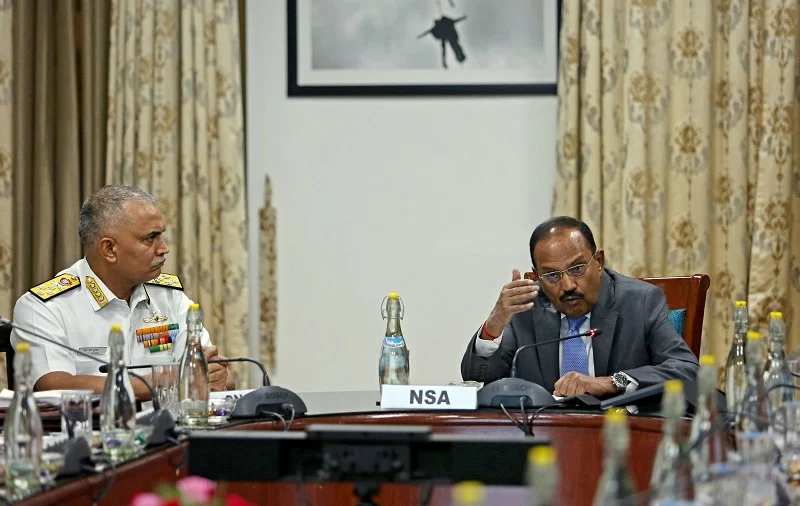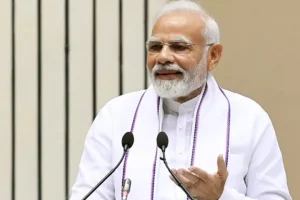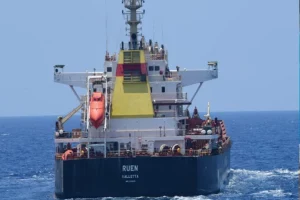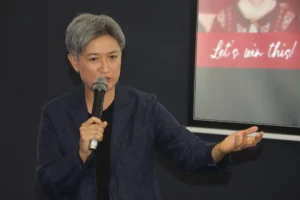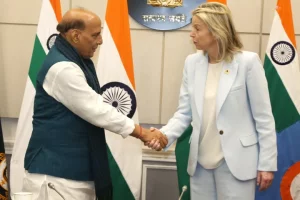Calling it "a great asset" to India, the National Security Advisor (NSA) Ajit Doval said on Thursday that the country needs to be vigilant and protect the Indian Ocean as things become gradually competitive and interests could collide in the region due to the fast-changing geopolitical scenario.
Addressing the inaugural meeting of the Multi-Agency Maritime Security Group (MAMSG), Doval stressed that the Narendra Modi government has given "special attention" to the maritime domain through the SAGAR initiative in 2015, the announcement of India's Indo-Pacific Policy in 2018 as well as growing focus on the blue economy.
"In national security discourse, the importance of land and maritime borders are very different. You cannot fence them, put 24×7 vigilance. Concept of sovereignty in land borders is territorial and well-defined. Its focus has been less but its importance is much more. Defending our maritime borders is complex, with problems it causes and challenges it brings. But it serves several interests, especially strategic and economic… It is an important trade route globally," the NSA said.
He highlighted the leading role being played through regional groupings like the Colombo Security Conclave to jointly tackle maritime threats in the Indian Ocean Region.
"The trajectory of this nation is well defined, we know where we are going. And when our time comes, India will not be able to become the power it deserves to be unless it has a very strong maritime system. This is perfect timing for it," said Doval.
In order to ensure a seamless approach to India's maritime security cutting across geographical and functional domains, the Modi government had approved the creation of the post of a National Maritime Security Coordinator (NMSC) late last year under the NSA, at the National Security Council Secretariat.
Thursday's meeting, also attended by members from key ministries, agencies and security forces dealing with maritime affairs including coordinators representing all 13 coastal states and the UTs, was chaired by Vice Admiral G Ashok Kumar (Retd) who assumed charge as the country's first NMSC on February 16.
Emphasising that as India's economy grows, so will its dependence on sea-borne trade and maritime resources, NSA Doval stressed that securing a country's maritime interests from a range of threats and challenges necessitates a coordinated approach.
"India is a maritime nation with interests that extend well beyond our maritime zones. 95 per cent of Indian trade by volume is maritime and routed via 12 major and over 200 non-major ports. Over 90 percent of our hydrocarbon requirements are met through seaborne imports and offshore production," Doval said.
The NSA also appreciated the role played by the Indian Coast Guard and the Indian Navy in strengthening the overall maritime security of the country.
"Maritime security has, therefore, rightfully gained prominence in India's security discourse as well as international outreach. While chairing the UN Security Council High-Level Open Debate on Enhancing Maritime Security in August last year, the Prime Minister had exhorted for an inclusive approach for a safe, secure and stable maritime domain," he added.
Also Read: Afghanistan and flow of abandoned US weapons to Kashmir topped NSA Doval's agenda in Dushanbe






